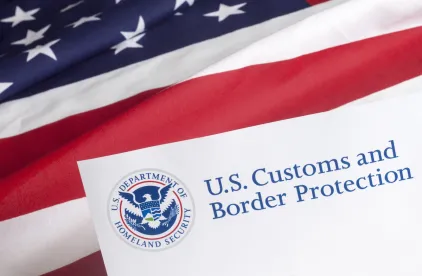The Department of Homeland Security (DHS) announced flexibility regarding Employment Verification (Form I-9) regulations due to COVID-19.
Recognizing that companies and organizations are having to temporarily shift to a remote working basis, DHS is allowing employers to inspect Section 2 documents remotely (e.g., over video link, fax or email, and so on) and to obtain, inspect, and retain copies (rather than originals) of those documents until normal business operations resume. This policy will remain in effect for 60 days, until May 18, 2020, or until three business days after termination of the National Emergency, whichever comes first. This timeframe could be extended by the government in a future announcement, if necessary.
Eligibility
-
Only applies to employers and workplaces operating remotely.
-
If HR is remote or inaccessible to employees, physical proximity restrictions apply, or newly hired employees or existing employees are subject to quarantine or lockdowns, this option may be available on a case-by-case basis.
-
Employers may still rely on using authorized representatives to act on their behalf to complete Section 2. The authorized representative may be any person. Employers must keep in mind they remain liable for any violations committed by an authorized representative.
Specifics
-
The three-day rule still applies — employers must conduct the remote inspections within three business days of the start date and retain the documentation provided.
-
Employers should enter “COVID-19” as the reason for the physical inspection delay in Section 2 Additional Information field.
-
Employers using E-Verify should submit cases within three business days of the remote inspection.
-
Once normal business operations resume, employees onboarded remotely must report within three business days for in-person verification.
-
Once documents have been physically inspected, employer should add “documents physically examined” with the date of inspection to the Section 2 Additional Information field or to Section 3, as appropriate. If the original certifier is not available for the physical re-examination, a new Section 2 should be completed and signed by the employer.
-
Employers who use the remote option must provide written documentation of their remote onboarding and telework policy for each employee. The burden is on the employer to document that the remote option was necessary.
-
Employees will have a choice as to documentation presented under List A, B, and C for the in-person re-verification — it does not need to be the same documentation that was provided virtually.
-
Employees with documentation that expires prior to the physical re-examination will need to provide unexpired documentation that would be re-verified in Section 3.





 />i
/>i
